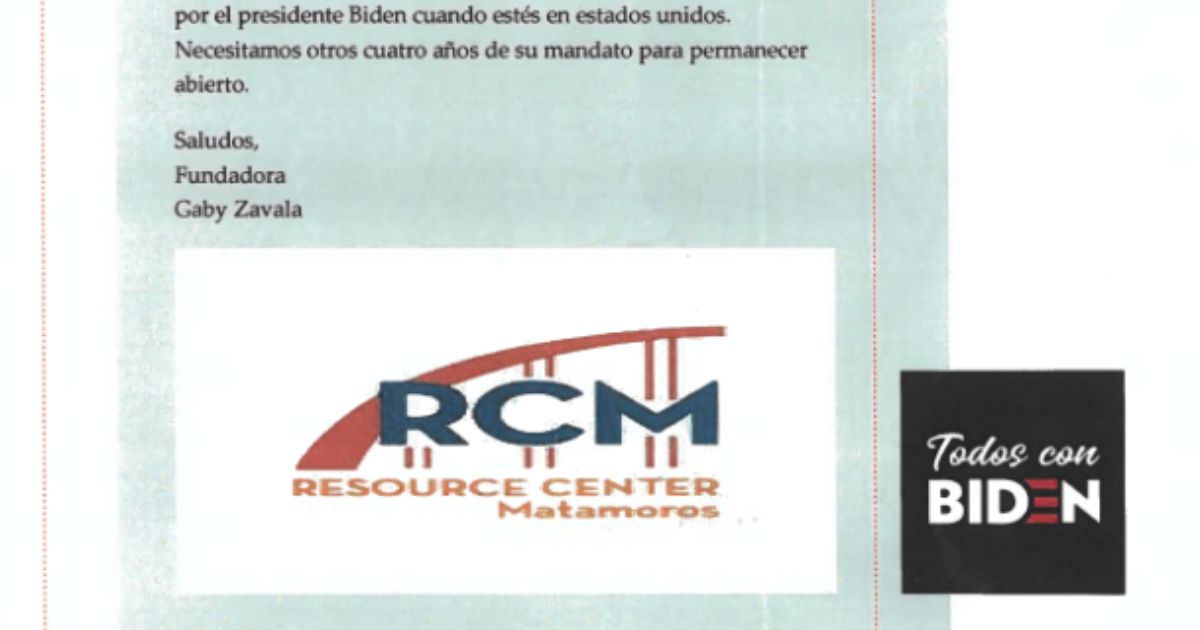U.S. Families Have Lost $7,400 in Income Due to Inflation, Heritage Foundation Says
Despite the annual inflation rate easing to below 8 percent in October, working families have still lost thousands of dollars in income under the current administration, says The Heritage Foundation in a new report.
Last month, the Consumer Price Index (CPI) rose 7.7 percent from a year ago and 0.4 percent month over month. The core inflation rate, which excludes the volatile food and energy sectors, climbed 6.3 percent over the last year and 0.3 percent from September to October.
Real average hourly earnings (inflation-adjusted) have tumbled for 19 consecutive months. According to the Bureau of Labor Statistics (BLS), real average hourly earnings have tumbled at an annualized rate of 2.8 percent. When average hourly earnings are combined with a 0.9 percent drop in the average workweek, real average weekly earnings have slumped by 3.7 percent.
In total, the average family has lost $6,100 in real annual income, says EJ Antoni, a research fellow in regional economics with The Heritage Foundation’s Center for Data Analysis. In addition, higher interest rates have cost the typical family approximately $1,300 per year.
“This has effectively cost families $7,400 in income under Biden,” he said.

According to Joel Griffith, a research fellow at the Roe Institute at The Heritage Foundation, the latest CPI headline print does not “fully reflect the pain experienced by families.”
“Inflation is a direct result of politicians recklessly abandoning common sense and stewardship throughout the past couple of years. In 2020, Congress passed trillions of dollars of ‘bipartisan’ ‘Covid-19 relief.’ The impact of this gusher of money was delayed—but as President Biden triples down on this recklessness, Americans acutely feel the impact,” he said. “The solution to the mayhem is a respite from the government spending increases, money printing, tax hikes, regulatory extravaganza, and war on energy.”
Inflation Still Ravaging Households
Indeed, despite the less-than-expected inflation rate, many consumer staples are still significantly higher than they were a year ago—and many of them are still climbing monthly.
Grocery store prices are up 12.4 percent, while food away from home is up nearly 9 percent. Moreover, items found in the typical kitchen have risen at a substantial pace from a year ago, including eggs (43 percent), coffee (14.8 percent), rice (14.8 percent), bread (14.8 percent), milk (14.5 percent), and fruits and vegetables (7.4 percent). Plus, baby food is still 10.9 percent more expensive than in October 2021.
Energy is also ticking up month over month. In October, fuel oil surged 19.8 percent, while gasoline jumped 4 percent. According to the American Automobile Association (AAA), the national average for a gallon of gas and diesel is $3.80 and $5.36, respectively.
A September Gallup poll revealed that a majority of Americans (56 percent) say price inflation has caused financial hardship for their household, up from 49 percent in January.
Moreover, some places are seeing price inflation rising higher than others. New annualized data from personal-finance publication WalletHub found that Phoenix (12.1 percent), Atlanta (10.7 percent), Miami (10.1 percent), Seattle (8.9 percent), and Detroit (8.5 percent) were among the cities that experience higher inflation.
These conditions have resulted in several trends.
The first is that more Americans are living paycheck to paycheck, as a recent LendingClub survey revealed that three in five consumers were living in such a manner and nearly one-fifth struggled to cover their bills.
The second development is that more people are tapping into debt instruments to keep their heads above water. In September, consumers borrowed $25 billion, with shoppers now holding record levels of debt.
Will these developments trigger a recession in 2023? It will all depend on inflation and interest rates, says Michael Connolly, an assistant professor at Colgate University.
“Whether the U.S. economy experiences a relatively deep recession in 2023 depends crucially on how the labor market holds up in the face of rising interest rates,” he said in the WalletHub report. “In addition, if inflation begins to come down faster than expected, we would expect the Fed to slow interest-rate increases. Both of those factors are key for the outlook in 2023.”
The labor market is another factor heading into the new year. Economists and market experts are debating if the jobs arena can survive higher rates. If so, it would afford the Federal Reserve some room to keep tightening. If not, it might prompt the central bank to reconsider rate hikes.
“There is a growing divergence between the establishment survey and the household survey in terms of the trend in total employment, with the household survey moving mostly sideways over the past seven months,” said Nick Reece, a portfolio manager at Merk Investments. “The household survey shows just 150,000 in cumulative job gains since March, whereas the establishment survey shows 2.5 million. Also, the unemployment rate increased, and that was with a decline in the labor force participation rate, a bad combination for the outlook. The lack of meaningful improvement in labor force participation continues to be a concern.”
Giuseppe Sette, the president of investment firm Toggle AI, thinks that the institution can “still rely on strong employment numbers to keep hiking until inflation is safely back to 2 percent.”
While the U.S. central bank is unlikely to cut interest rates anytime soon, it is expected to slow the pace of rate hikes. According to the CME FedWatch Tool, more than 85 percent of investors are anticipating a rate hike of 50 basis points at the December meeting of the Federal Open Market Committee, which is the Fed’s policy-making arm.
" Conservative News Daily does not always share or support the views and opinions expressed here; they are just those of the writer."






